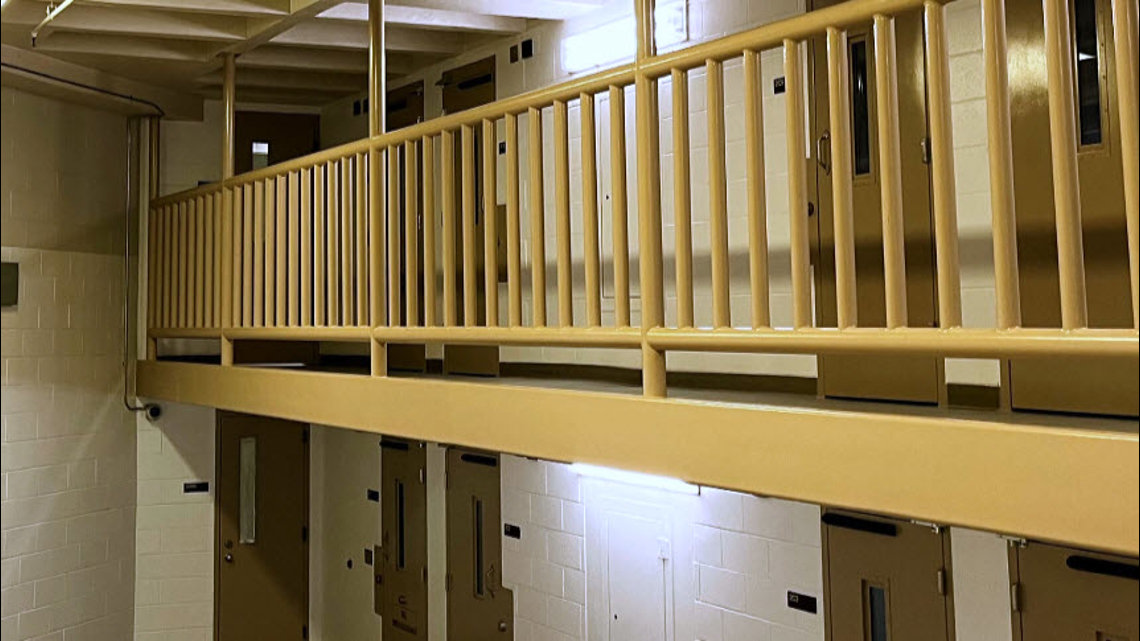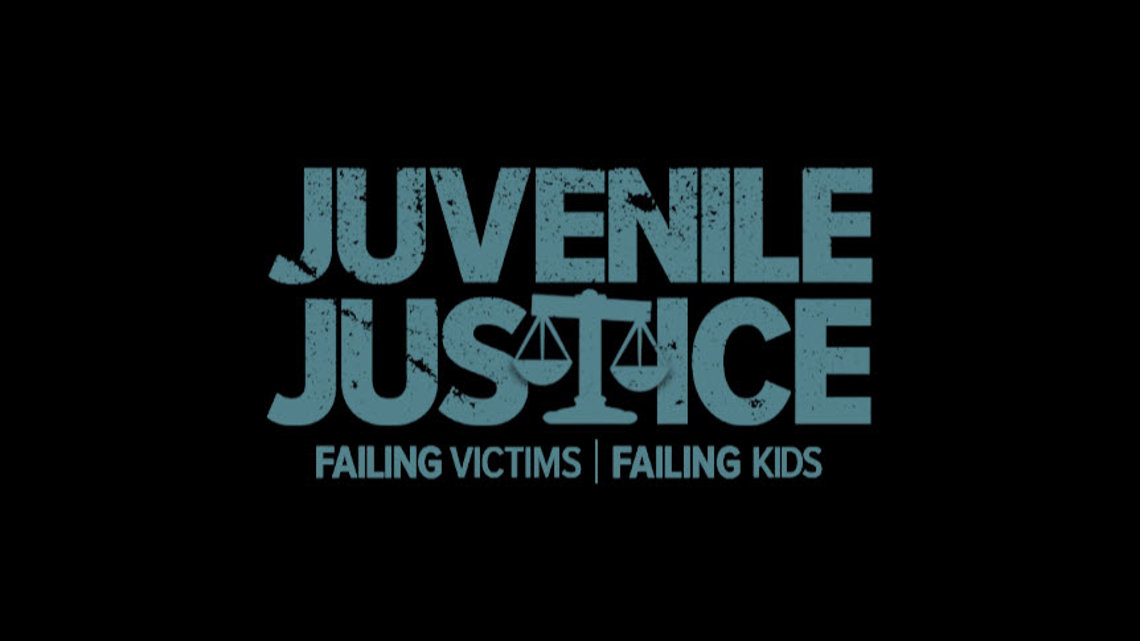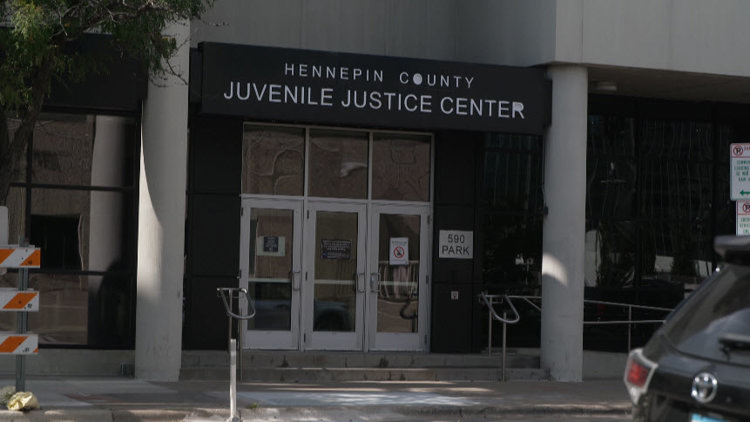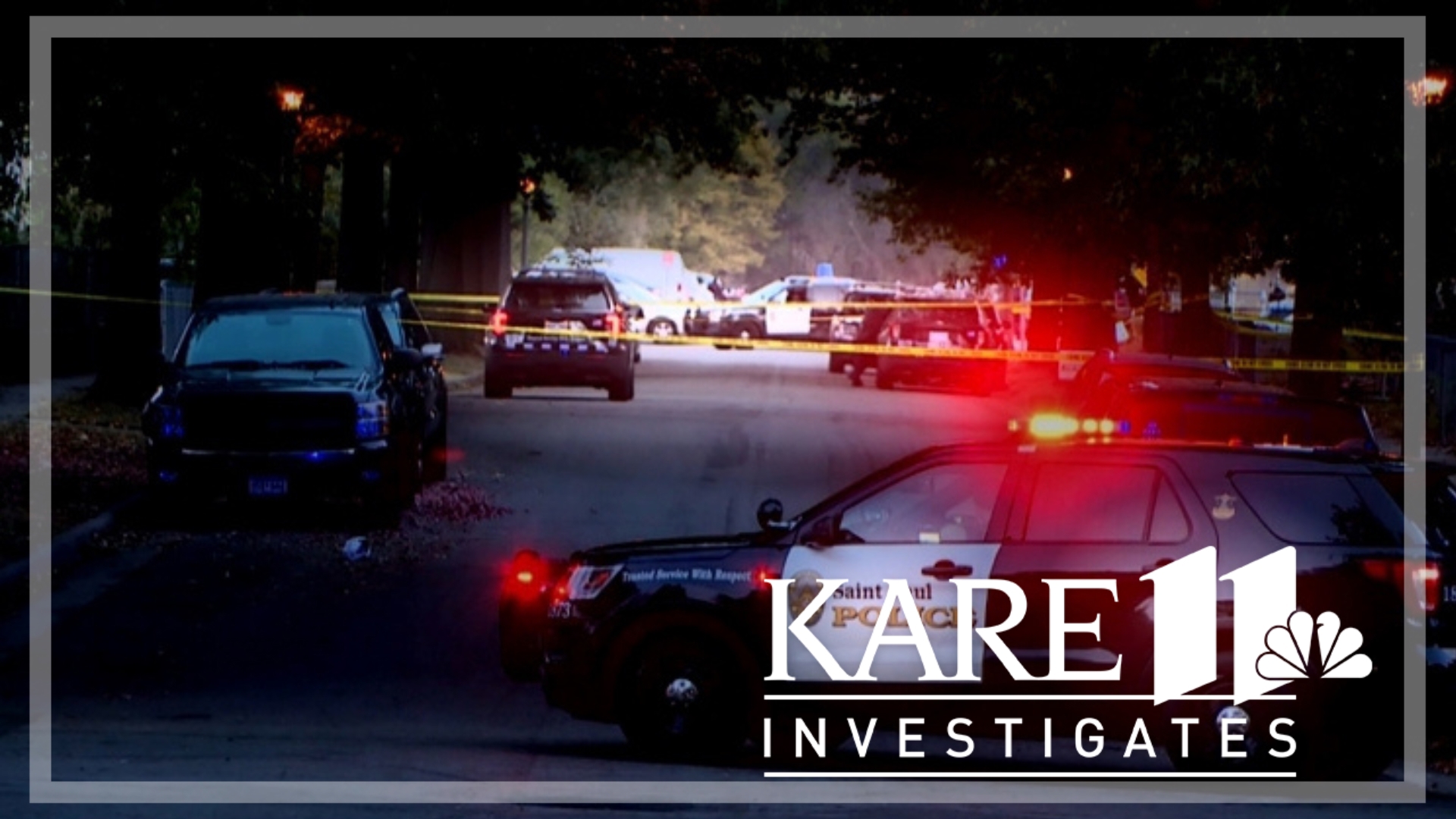MINNEAPOLIS — The 12-year-old boy walked into court, barely as tall as the deputy’s chin, and took his seat as adults argued about his fate.
Accused of multiple car thefts since the age of 11, he has been found incompetent to stand trial due to mental health issues, his IQ and his young age.
The boy’s court-appointed lawyer says under Minnesota law, he must be released. But instead, he’s been held in custody at the Juvenile Detention Center because Hennepin County can’t find a mental health facility capable of meeting his needs that will accept him. And his mother, Kendra, tells the court she cannot keep him safe at home.
KARE 11 is not using the mother’s last name to help protect the boy’s identity.
She shared her frustration with KARE 11 after the court hearing was continued with nothing decided – and her son was returned to juvenile jail.
She says her son has been brought to the JDC and released time and again without the needed mental health resources.
“The kids, they sit and get all these cases, and they keep letting them go,” Kendra explained. “That’s not helping solve the problem.”
Hennepin County defies court order
Judge Todd Fellman had ordered Hennepin County – which has legal custody of the boy through a child protection case – to pick the 12-year-old boy up from the JDC on Aug. 26, but the county has refused. They argue that despite exhaustive efforts, they cannot find an out-of-home placement that will accept him.
The boy’s attorney Tracy Reid argues that puts them in contempt of the court’s order. And she argued conditions at the JDC are not appropriate for such a young child who has threatened suicide.


“It is bad faith to leave a child in an incredibly dangerous situation where he is in isolation and he is afraid,” she told the judge.
Hennepin County Program Manager Mandee Kleckner argued it’s the safest place for the youth.
“We’re just concerned. We don’t want him to get hurt or hurt someone else,” she testified.
The 12-year-old boy isn’t the only child facing the same dilemma.
Failure to provide treatment options
Since 2022, KARE 11 Investigates has covered the gaps in the juvenile justice system because Minnesota lacks enough mental health placement options for youth who’ve been found incompetent to face criminal charges.
When Hennepin County closed the Hennepin Home School, a secure treatment facility in 2021, they failed to open a new place to take the kids, many of whom have not been successful with in-home therapy options and run from less secure facilities.


Instead, the county relies on a network of nonprofit group homes, that have the ability to decline youth with needs too complex or a history too violent. Psychiatric residential treatment facilities provide a higher level of care in a locked setting, but Minnesota only has four of them – and the wait lists can be months or even years long.
In the case of Kendra’s son, the only placement Hennepin County officials can find is out-of-state – a thousand miles away from his family in Virginia. And it’s not even available until late September.
“He’s not getting help”
Before the 12-year-old’s hearing, another family faced the same judge with the same predicament.
Latoya’s son, 16, has been held for months at JDC because the county can’t find a facility that can meet his needs.
He has a cognitive disability, depression and anxiety. He has been hospitalized for his mental health multiple times this year.
Earlier this year he was sent to a group home where he was violently assaulted, his attorney said in court.
The county says despite a nationwide search they cannot find a facility that will accept the boy given his high level of need.
Latoya says she’s taken her son to therapy, psychiatry services, a mentorship program and all have been unsuccessful. Now at the JDC, she says, “It’s a revolving door because no treatment is being done.”
As her son gets older, she fears what comes next.
“I don’t want my son in prison because he has a mental health condition and he’s not getting help,” Latoya said.
More court hearings to consider the cases of the two boys are scheduled next week.



